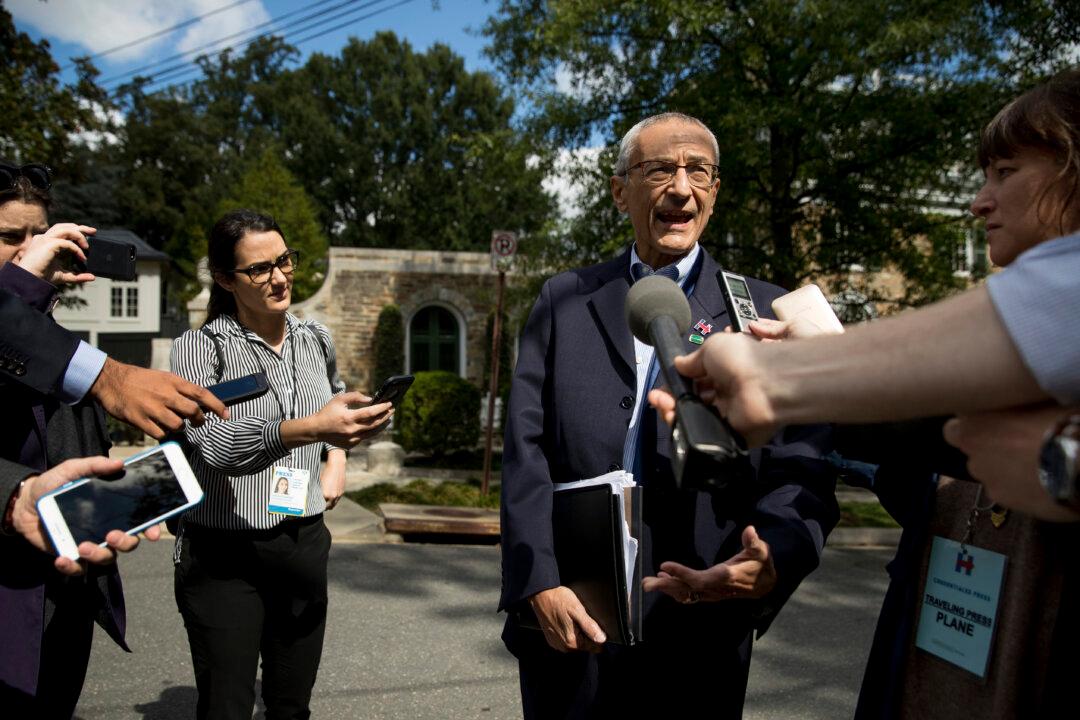It was a rare window into the inner workings of an elite political operation when Wikileaks released tens of thousands of emails belonging to John Podesta, the former chairman of the 2016 Hillary Clinton presidential campaign.
The emails also revealed the arcane world of political journalism, where reporters haggle for scoops and campaign staff for control over the narrative.
Journalists are expected to develop trust with their sources, but discovering how deeply, at times, the media were willing cooperate with the Clinton campaign proved hard to stomach for many Americans.
For example, on April 30, 2016, Politico’s Ken Vogel shared his story on Clinton’s campaign fundraising, before it was published, with Mark Paustenbach, then-national press secretary of the Democratic National Committee.
“[P]er agreement ... any thoughts appreciated,” Vogel wrote in a leaked email.
Politico spokesman, Brad Dayspring, later tried to explain that Vogel “was attempting to check some very technical language and figures,” The Hill reported. “There were no substantive changes to the piece.”
Exactly a year earlier, Politico’s Glenn Thrush did virtually the same thing, sending a large portion of his story, before it was published, to John Podesta, a leaked email showed.
“Because I have become a hack I will send u [sic] the whole section that pertains to u [sic],” he wrote. “Please don’t share or tell anyone I did this.”
Thrush, who has since moved to The New York Times, wrote on Twitter after the emails were leaked: “My goal in emailing Podesta: TO GET HIM TO CONFIRM STUFF I HAD FROM LESSER SOURCES.”
My goal in emailing Podesta: TO GET HIM TO CONFIRM STUFF I HAD FROM LESSER SOURCES. It worked. Nobody controls my stories but me. Troll on!
— Glenn Thrush (@GlennThrush) October 17, 2016
“It worked. Nobody controls my stories but me,” he wrote.
But what if Podesta or Paustenbach demanded changes? Paustenbach was willing to ask for those, the email showed.
“Let me know if you see anything that’s missing and I'll push back,” Paustenbach wrote, forwarding the email to another DNC staffer (even though Vogel asked him not to share the story).
Indeed, The New York Times’s Mark Leibovich sent, pre-publication, part of his interview with Clinton to Jennifer Palmieri, the campaign’s director of communications, another email showed.





